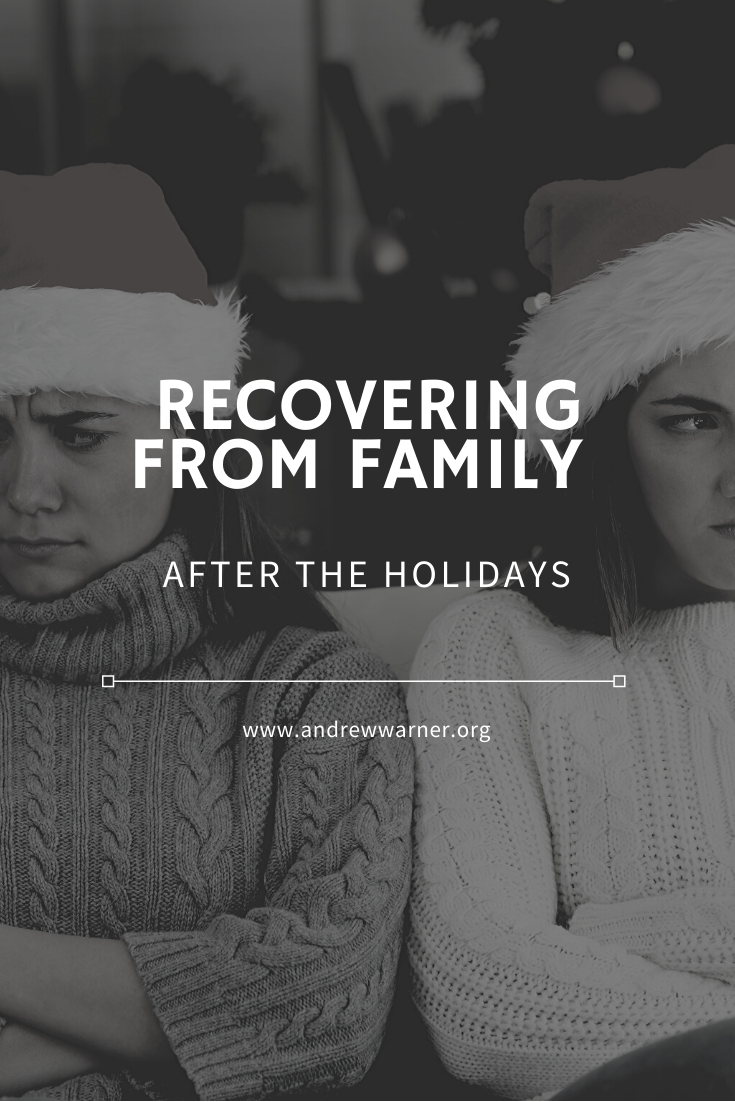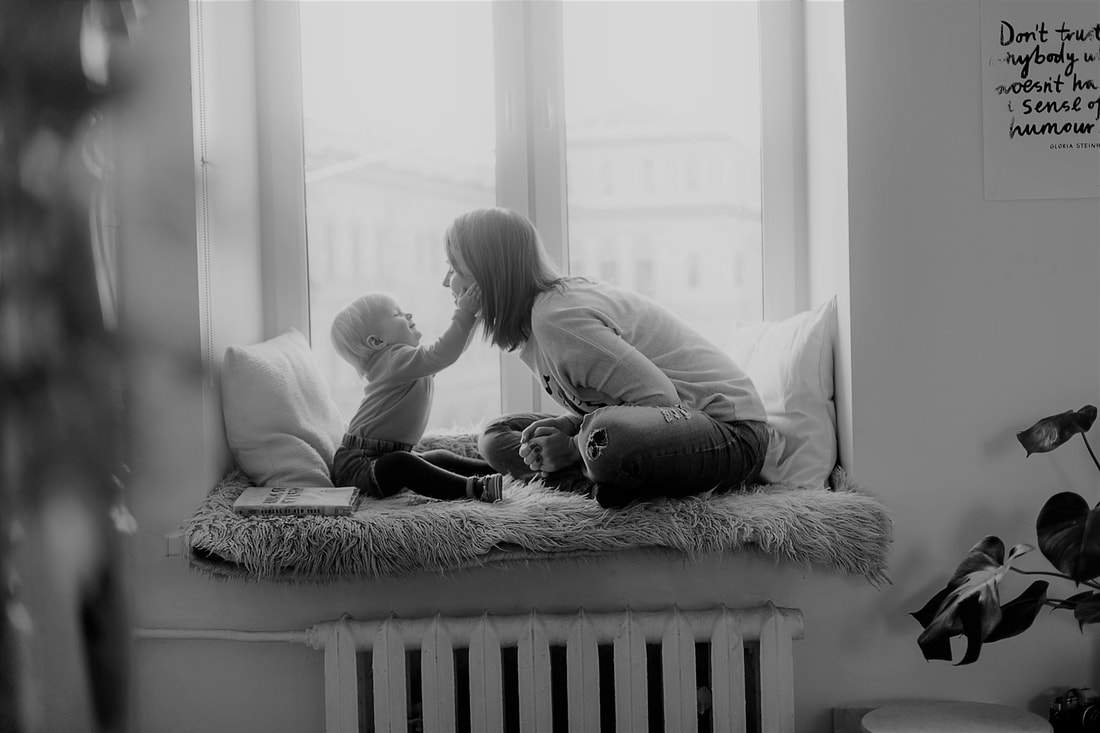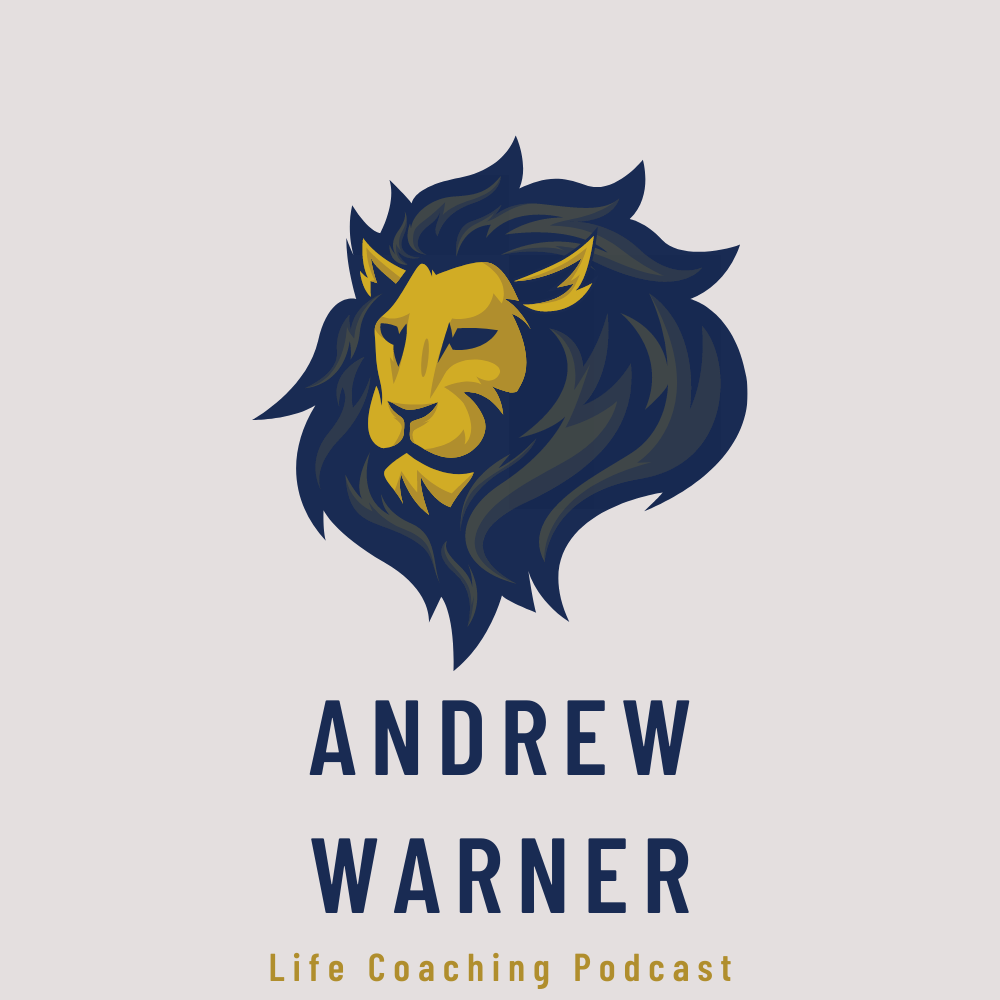|
If you’re not growing, you’re dying.
That’s one of the most popular concepts in business. While it is a partially true maxim in business, it holds even truer in your personal development. When we are young, our brains are exploding with new growth. Literally everything a baby does is a growth challenge. Whether they are trying to walk, crawl, make their first sounds with their mouth, it is all an immense challenge. As an adult, we become much more stagnant. After we get the basics of life, too many of us just simply stop moving forward. We get enamored with our routines. We slog through weeks to get through to the weekends where we just kill time. We coast through jobs that often become too easy for us. In the pandemic, I’ve fallen victim to this, and I’ve talked to many clients where this is becoming a problem.
2 Comments
The Difficulty of Mixing Your Personal Growth and Your FamilyFor most of us, the holidays mean an increased amount of time spent with family, trips back home, and maybe tripping over in-laws in your own house.
For some, this is awesome – a beautiful chance to reconnect with the greatest people you have ever known over Christmas lights and impeccable meals. For others, it means frustration and stress. Some people fit in naturally with their home. Their parents are warm and encouraging and provide exceptional role models for which you to model your life after. These people don’t usually have a lot of problems. For others, they have chosen to use their family as more of an anti-role-model, using their family as a point of reference for differentiation, rather than sameness. For this group of people, coming home is a much bigger challenge. Either way, going home is often a challenge for personal growth. To family, in contrast to the rest of the world, you are a fixed being and a deviation from what you were when you were 9 is a stress point for them – whether they realize it or not. This is why people change so rapidly when they go to college since it represents the first time a person really gets to define themselves on their own terms in our culture. Family, conversely, may get annoyed with your new whole foods, keto, or vegan diet, because to them you were the slightly overweight child who loved to town on pizza and buffalo wings. They might scoff at your hippy new-age meditation routine you cultivated when you read the science on the difference between those who meditate and who don’t. Of course, when you go to tell them about to exceptional quality of research that backs you up they laugh it off and dismiss you because you are just little Timmy to them, not Timothy the VP of sales at a Fortune 500 company. There’s an old saying that bounces around the coaching world and it goes something like this: When you think you’ve achieved enlightenment, go home for the Holidays. Here are some tips to shake off the frustration for those of you who are shaking off your last trip home: On top of coaching highly functioning adults, I also spend a significant time with my own kids as well as coaching their teams whenever I can. If you’ve ever had the pleasure of coaching soccer for 4, 5, and 6 year olds, you may know that it is by far one of the most challenging things on Earth to effectively engage a group of young people.
If you’re a parent of young children, you may want to master the art of getting kids to comply with your requests. Here are some things to consider if you want to step up your parenting game and have a more peaceful home with less conflict and more harmony. Are you helping or hurting the people around you? Are they helping or hurting you? While it is well known that the people you surround yourself with is extremely important to forming who you are as a person, too infrequently do we stop and ask ourselves how are we helping and hurting those in our lives.
What negative identities do you own and what negative identities are you giving to those you love the most? It is sadly too common for people to have negative identities that dictate what they do and don’t do with their lives. A negative identity is often given to us as a small child or it is something we are currently giving to our children, spouses, coworkers, and family members without even realizing it - something I see more and more with the rise of sharing personal information on social media. So what is a negative identity? Negative identities, a concept put forth by therapists like Cloe Madanes, are a “general value judgment that limits your options.” Common ones are “I’m too impatient to ever be a mother,” or “I couldn’t do that because I have ADHD,” or “I’m not smart enough to do that,” or “I’m too ugly to be an actor.” People transitioning from one phase of life to another are often the best candidates for coaching and new moms and dads embody that more than most.
At my house we just added our third baby to the family which has given me a strong reminder about the need to be mentally prepared for the task of expanding your family. I know these strategies inside and out, but sometimes when you’re in the thick of it, it’s a great time to slow down, consult your own coach, and make sure these strategies are playing out in life the way they do in a textbook or in your head before the baby comes. For those of you who don’t yet have a coach, this knowledge will be a great starting point or reminder as you move down the road on your parenting journey. |
Andrew WarnerYour life coach. The Andrew Warner Podcast:Archives
November 2021
Categories
All
|
CompanyLife coach based out of Indianapolis, IN but helping people everywhere.
|
|







 RSS Feed
RSS Feed